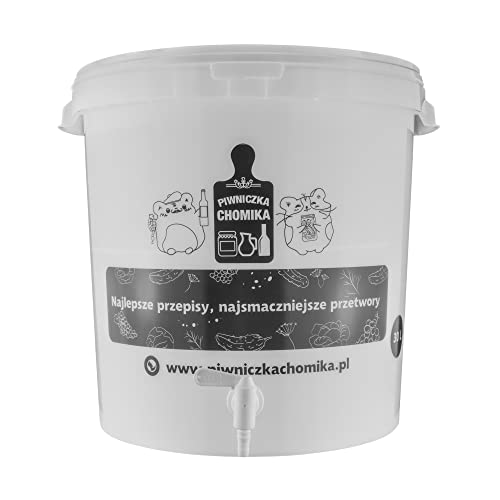phettebs
Landlord.
Rather than hijack an old thread (The one about Bohemian Pilsner) I thought I'd start a new one. Over here in the states, in homebrewing circles anyway, there seems to be two distinct camps regarding decoction mashing: 1) it makes ALL the difference in the world to the flavor, color, etc of the end product and 2) makes no noticeable difference at all and you are simply wasting time in which you could be drinking beer!
Has anyone done a side-by-side comparison with a decocted batch vs. an infusion batch of an otherwise identical beer? I have only done two decoction-mashed batches myself so I am not an expert. Additionally, they were completely separate beers and the first time I had ever brewed the style.
I'm not trying to make a decision on whether or not to decoct. Like I said, I've done it and I found it to be a lot of work. I'm just interested in others' observations on the subject because it seems like such a contentious subject, at least on this side of the pond.
-baz
Has anyone done a side-by-side comparison with a decocted batch vs. an infusion batch of an otherwise identical beer? I have only done two decoction-mashed batches myself so I am not an expert. Additionally, they were completely separate beers and the first time I had ever brewed the style.
I'm not trying to make a decision on whether or not to decoct. Like I said, I've done it and I found it to be a lot of work. I'm just interested in others' observations on the subject because it seems like such a contentious subject, at least on this side of the pond.

-baz





































![BREWING THERMOMETER STICKERS ACCURATELY MONITOR FERMENTING BEER & WINE LIQUID TEMPERATURES 5PCS HOME BREW SPIRITS WINE LCD ADHESIVE [US]](https://m.media-amazon.com/images/I/311DDjo2X3L._SL500_.jpg)





